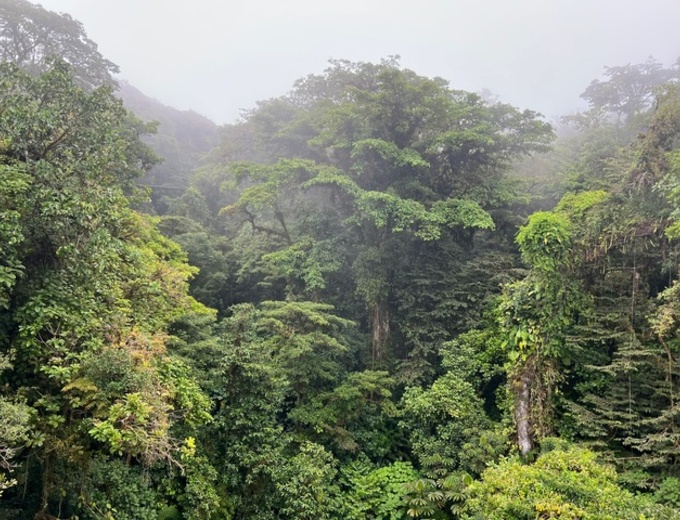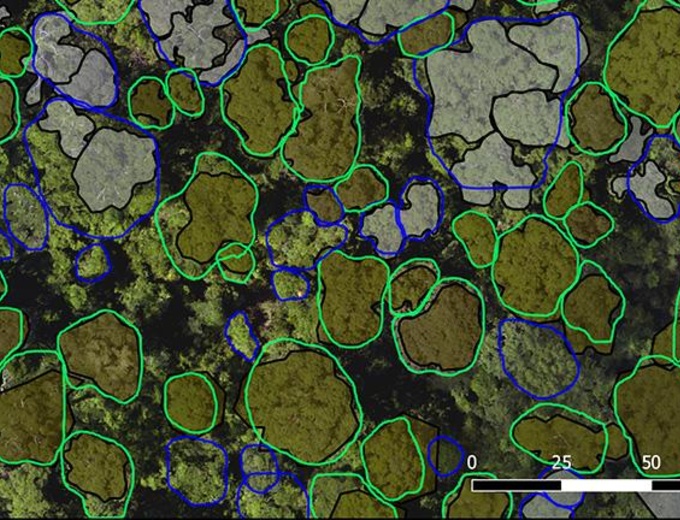
Our approach
Learn about our approach

Contact
If you're a conservation organisation interested in using our digital carbon credits calculation platform to issue robust credits, please get in touch.
We launched the Cambridge Centre for Carbon Credits (4C) in early November 2021. Our first goal is to scale up the supply of deforestation avoidance carbon credits in order to halt tropical deforestation as soon as possible.

Learn about our approach

If you're a conservation organisation interested in using our digital carbon credits calculation platform to issue robust credits, please get in touch.